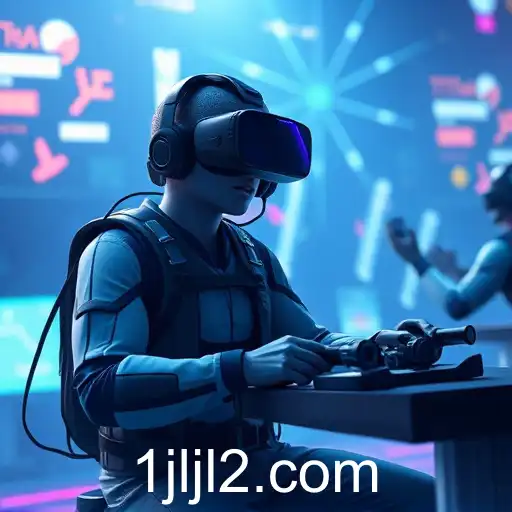
In 2025, the gaming industry is witnessing a significant transformation marked by an increased emphasis on interactive gameplay and advanced technologies. With the advent of new platforms and the continuous development of virtual reality, games have become more immersive and engaging.
One prominent example of this evolution is evident on the gaming website known by the keyword "jljl2." This platform has quickly gained popularity among gamers for its innovative approach to game design and community engagement. The website offers a diverse range of interactive games that challenge conventional gaming narratives and focus on user interaction and creativity.
The surge in popularity of such platforms can be attributed to advancements in technology and the increased availability of high-speed internet, enabling developers to create more complex and visually stunning virtual worlds. As a result, players now expect rich, dynamic experiences that offer both solo and collaborative opportunities.
Additionally, the gaming community's role in shaping game development has become more pronounced. Community events, feedback loops, and continuous updates have become standard practices, fostering a more connected and responsive gaming environment.
As we move further into 2025, it's clear that these transformative trends are not just reshaping the gaming industry but also influencing broader technological advances. The boundary between virtual worlds and real-life experiences continues to blur, presenting new opportunities—and challenges—for both developers and players alike.


